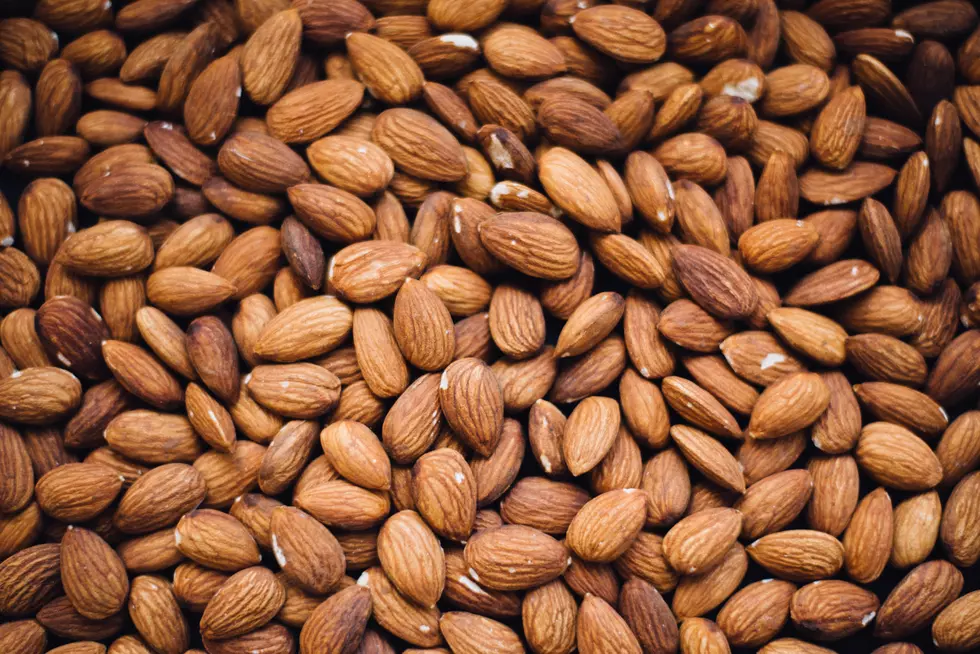
Go Nuts For Almonds – 5 Benefits of These Supernuts
Mom always told us to eat our vegetables. She probably never said we should eat our almonds, but maybe she should have. Among the world’s most popular tree nuts, almonds are highly nutritious and rich in healthy fats, antioxidants, vitamins, and minerals. And, almonds are a significant source of protein and fiber.
They are known as super nuts and some even say almonds are about as close as you can get to the perfect food. Just one crunchy handful of almonds has 13 grams of “good” unsaturated fats and only 160 calories, making them an excellent mid-day snack. So how many almonds should we have each day? Just remember 1-2-3 - 1 ounce of almonds, or about 23 almonds, is the ideal daily portion recommended by the Dietary Guidelines for Americans. If you’re not a big counter, think of it as one handful. Here's a breakdown of the top benefits of almonds...
- 1
High in Nutrients
Almonds boast an impressive nutrient profile. A 1-ounce (28-gram) serving of almonds contains:
- Fiber: 3.5 grams
- Protein: 6 grams
- Fat: 14 grams
- Vitamin E: 37% of the Recommended Dietary Intake
- Manganese: 32% of the Recommended Dietary Intake
- Magnesium: 20% of the Recommended Dietary Intake
- 2
High in Antioxidants
Antioxidants help protect against oxidative stress, which can damage molecules in your cells and contribute to inflammation, aging and diseases like cancer. The powerful antioxidants in almonds are largely concentrated in the brown layer of the skin.
- 3
Controls Blood Sugar
Nuts are low in carbs but high in healthy fats, protein and fiber, which makes them a perfect choice for people with diabetes. Another benefit of almonds is their remarkably high amount of magnesium. Magnesium is a mineral involved in more than 300 bodily processes, including blood sugar control.
- 4
Keeps Cholesterol Levels low
High levels of low density lipoproteins (LDL) in your blood also known as “bad” cholesterol is a well-known risk factor for heart disease. Your diet can have major effects on LDL levels. Some studies have shown almonds to effectively lower LDL.
- 5
May Aid in Weight Loss
Nuts contain several nutrients that your body has to work hard to break down and digest. Your body does not absorb about 10–15% of the calories in nuts. Additionally, some evidence suggests that eating nuts can boost metabolism slightly. Because they are high in protein, they keep you fuller longer. However, nuts can be very high in calories, so limit them to a handful a day.
More From Lite 96.9 WFPG









